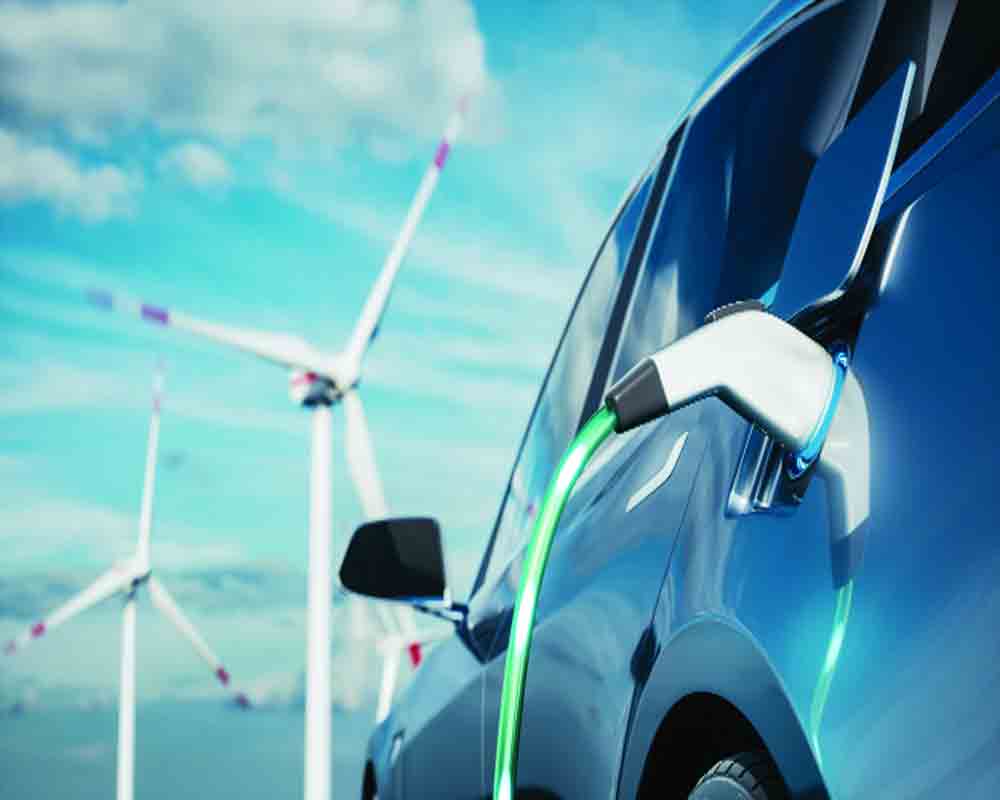A beginning can be made by providing gig workers with EVs. The Govt must support them and acknowledge their contribution to the economy
The electrification of mobility has been one of the most dominating themes of any strategic planning aimed at environmental protection and combating climate change. Yesterday, the Government of Delhi announced in principle clearance for the Delhi Motor Vehicle Aggregator and Delivery Service Provider Scheme that aims at 100% conversion of all bike taxis and electric bikes/2-wheelers deployed in last-mile delivery services to electric vehicles. India’s EV transition
There are close to 9 million formal gig workers in India (2022 data), and Niti Aayog predicts that this number will rise to 23.5 million by 2030. A rising number of people eligible to work, and lack of employment opportunities for people in the corporate world as well as considerations such as lifestyle choices, work-life balance, flexible work hours etc are leading to a surge in the gig workforce in India. These are the people who constitute the extensive last-mile delivery community for large e-commerce providers such as Amazon, and Flipkart, and food delivery apps such as Zomato and Swiggy etc. Every day millions of packages are delivered by these personnel across almost every part of the country. Whether it is a package to deliver to a customer, food to deliver, medicines, or even sending a gift to a loved one in another part of the town, or providing a bike ride home to someone, these last mile logistics warriors play a multitude of roles for the service providers and consumers alike.
It is the reliance on these gig drivers that has enabled e-commerce and food delivery platforms to build their business models. Since they are informal, and contractual hires, most of the gig drivers don’t have regular employee privileges such as fixed salaries, medical benefits, Provident Fund, paid leaves and insurance etc. In most cases, they are the owners of the bikes they use for the delivery work and get paid for fuel and effort as per the company’s terms and conditions. Essentially, they run the growth of these businesses, but they are the least protected, and the first to be exposed if the company decides to cut operational costs, or the authorities take restrictive positions such as banning bike-taxis in Delhi and Bengaluru etc.
Caring for the drivers
The majority of the millions of gig workers operating in the bike taxi and last-mile delivery segments have purchased the vehicles out of their own pockets or by taking vehicle loans. They need to pay EMIs, pay for fuel, and then hopefully make enough money to earn a good living for themselves and their families. In such a scenario, the ongoing bike-taxi ban and the proposal to compulsorily convert all these vehicles to EVs can cause a major concern for the millions of existing and upcoming gig drivers. Environmental benefits notwithstanding, we could essentially be driving millions of gig workers out of their only source of employment if they are forced to pay up for acquiring EVs at a time when they are already paying EMIs for their existing vehicles that they can’t even use for work.
Companies like Amazon, Swiggy, Zomato, Flipkart, Uber, Ola and others need to bring the gig workers under the coverage of certain employment benefits such as health and life insurance, and easy lending/financing for the EVs they are asked to purchase.
When the gig workers are assured of getting steady incomes, and freed from the burden of paying higher EMIs, they will find it more viable to make the switch. The state and central governments also need to acknowledge the contributions and the critical nature of these gig workers. Laws and policies mandating minimum wages, and legal protection of their rights at par with other skilled or unskilled workforces covered under Indian labour laws, must be provided.
(The writer is CEO and Co-founder of Chargeup; views expressed are personal)


























